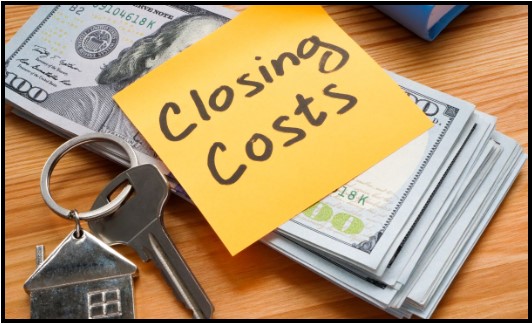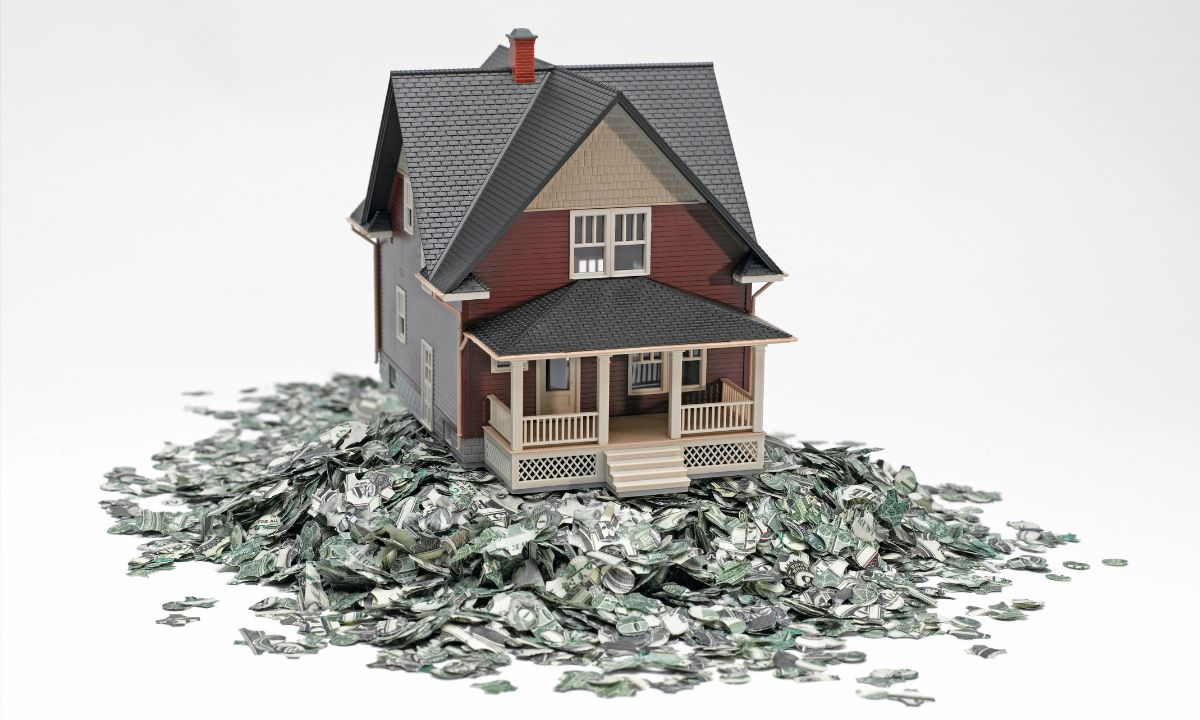
When buying a home, you have the option to include contingencies in your purchase contract. These protect you by setting certain conditions that must be met for the contract to remain valid. If any contingency isn’t satisfied, you can back out of the sale without penalty. Three main types of contingencies help protect buyers: appraisal, financing, and home inspection contingencies. Here’s how each can impact your home buying experience.
The Appraisal Contingency
An appraisal contingency allows you to step back from the sale if the property appraises for less than the agreed purchase price. Since lenders typically only loan up to the appraised value of the home, this contingency is essential to avoid overpaying. If the home appraisal is lower than expected, you can either renegotiate the price with the seller, make up the difference with a larger down payment, or back out of the sale without losing your deposit.
In competitive markets, leaving out this contingency can make you a more attractive buyer, but it’s a trade-off that could leave you paying above market value.
The Financing Contingency
If you’re relying on a mortgage, a financing contingency protects you if you’re unable to secure full loan approval. While pre-approval offers an estimate of what you can afford, the official loan approval depends on final underwriting. With this contingency in place, if your loan falls through, you can back out of the deal and recover your deposit.
The Home Inspection Contingency
This contingency gives you peace of mind by allowing you to have the home inspected for structural issues, hidden damage, or safety concerns. If any serious issues arise, you can negotiate repairs with the seller or even back out of the purchase. A professional home inspector can spot things the average buyer may miss, so this contingency is highly recommended for most homebuyers.
What Happens If the Appraisal is Too Low?
If the property’s appraised value is below the agreed price, you have three main options:
- Increase your down payment to cover the difference.
- Negotiate a lower purchase price with the seller.
- Use the appraisal contingency to walk away from the deal and get your deposit back.
An appraisal contingency can give you leverage in price negotiations, especially if the seller wants to avoid losing the sale. However, in a competitive market, waiving this contingency can make your offer more appealing, as it signals to the seller your commitment to the purchase regardless of appraisal.
Each contingency serves as a financial safeguard, providing flexibility and protection at different stages of the buying process. Including these contingencies in your offer ensures you’re not cornered into a deal that could end up costing you more than anticipated.
 Comprar una casa es un viaje emocionante, pero no está exento de giros y vueltas. Un aspecto desalentador específico para muchos compradores de vivienda es comprender el alcance de los costos de cierre. Estos gastos adicionales pueden tomar por sorpresa incluso a los compradores más preparados si no se los comprende adecuadamente. Entonces, analicemos el mundo de los costos de cierre y arrojemos algo de luz sobre qué esperar al comprar la casa de sus sueños.
Comprar una casa es un viaje emocionante, pero no está exento de giros y vueltas. Un aspecto desalentador específico para muchos compradores de vivienda es comprender el alcance de los costos de cierre. Estos gastos adicionales pueden tomar por sorpresa incluso a los compradores más preparados si no se los comprende adecuadamente. Entonces, analicemos el mundo de los costos de cierre y arrojemos algo de luz sobre qué esperar al comprar la casa de sus sueños. If you’ve received your Closing Disclosure from your lender, congratulations! You’re almost at the finish line of your home buying journey, ready to celebrate with keys in hand. The Closing Disclosure, or CD, is provided at least three business days before your closing appointment and details your loan terms, projected monthly payments, and the much-discussed “cash to close.” But what exactly is “cash to close,” and how is it calculated?
If you’ve received your Closing Disclosure from your lender, congratulations! You’re almost at the finish line of your home buying journey, ready to celebrate with keys in hand. The Closing Disclosure, or CD, is provided at least three business days before your closing appointment and details your loan terms, projected monthly payments, and the much-discussed “cash to close.” But what exactly is “cash to close,” and how is it calculated?